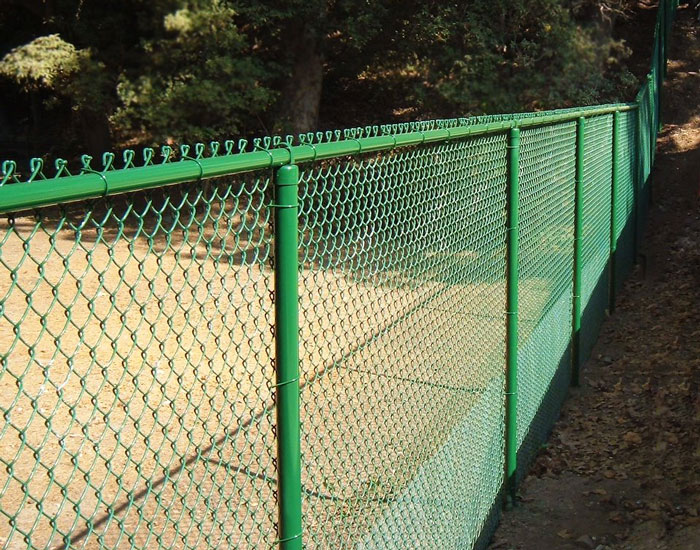Expert Tips for Building a Sturdy Residential Fence
Building a sturdy residential fence involves careful planning, quality materials, and proper construction techniques. Whether you are aiming to enhance your property’s security, add privacy, or define boundaries, a well-built fence can serve various purposes while also increasing the aesthetic appeal of your home. Here are some expert tips to consider when constructing a durable residential fence –
Plan Your Fence Layout – Before starting any construction, it is essential to plan the layout of your fence thoroughly. Consider the property lines, local building codes, and any necessary permits required for fence installation in your area. Take accurate measurements to ensure your fence aligns correctly with your property boundaries and desired dimensions.
Choose the Right Materials – Selecting high-quality materials is crucial for building a sturdy fence that withstands the elements over time. Common materials for residential fences include wood, vinyl, aluminum, and wrought iron. Each material offers distinct advantages in terms of durability, maintenance requirements, and aesthetics. Choose a material that complements the style of your home and suits your budget and maintenance preferences.

Invest in Quality Posts – The posts are the backbone of your fence, providing structural support and stability. Opt for pressure-treated or rot-resistant wood posts, steel posts; build outdoors or concrete posts for maximum durability. Ensure that the posts are properly installed at adequate depths and securely anchored into the ground to prevent leaning or shifting over time.
Use Durable Fasteners and Hardware – Choosing the right fasteners and hardware is essential for ensuring the longevity and stability of your fence. Use corrosion-resistant screws, nails, brackets, and hinges to prevent rust and deterioration, especially in outdoor environments exposed to moisture and weathering.
Employ Proper Construction Techniques – Follow industry best practices and construction guidelines when building your fence. Use a level and string line to ensure straight and even installation. Properly space the fence panels or pickets to maintain structural integrity and prevent sagging or bowing over time. Additionally, consider reinforcing critical stress points such as gate hinges and corners to prevent premature wear and tear.
Apply Protective Finishes – Applying a protective finish or sealant to your fence can help enhance its durability and weather resistance. Consider staining, painting, or waterproofing the wood to protect it from moisture, UV rays, and insect damage. For metal fences, choose a rust-resistant coating or paint to prevent corrosion and maintain its appearance.
Regular Maintenance and Inspection – Even a well-built fence requires regular maintenance to ensure its longevity and structural integrity. Inspect your fence periodically for signs of damage, decay, or wear, and promptly address any issues such as loose boards, rust spots, or leaning posts. Clean the fence regularly to remove dirt, debris, and mildew buildup that can compromise its appearance and durability.
Consider Professional Installation – While DIY fence installation can be cost-effective, hiring a professional contractor can ensure proper construction techniques, adherence to building codes, and timely completion of the project. Professional installers have the expertise, tools, and resources to tackle complex installations and overcome potential challenges effectively.
By following these expert tips, you can build a sturdy residential fence that not only enhances the security and privacy of your property but also adds value and curb appeal to your home for years to come. Investing time and effort into proper planning, material selection, and construction techniques will ultimately result in a durable and aesthetically pleasing fence that stands the test of time.
